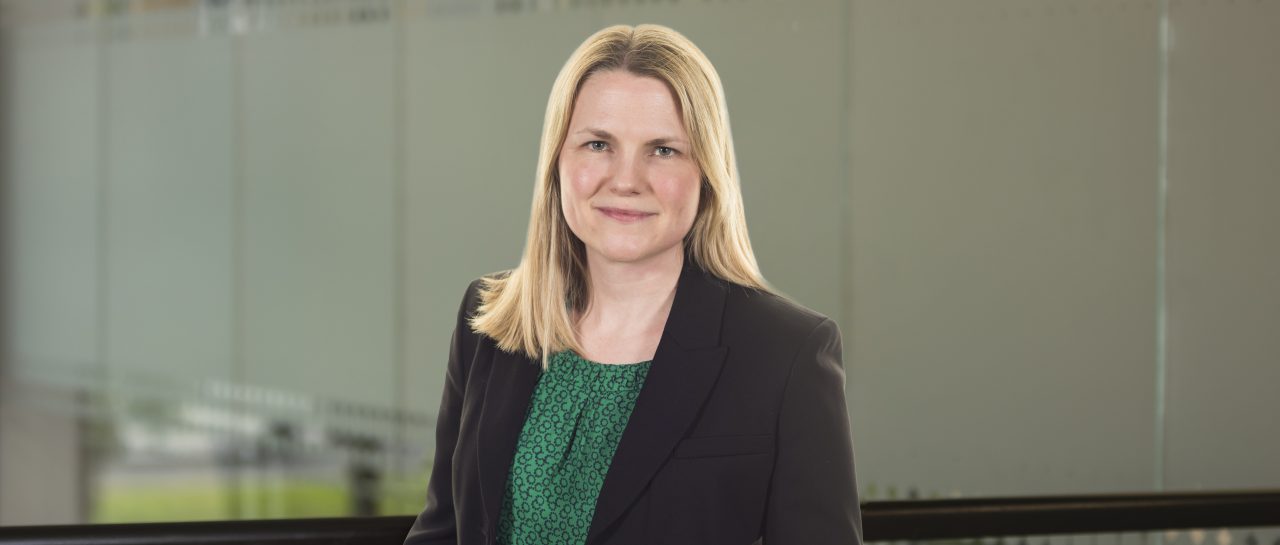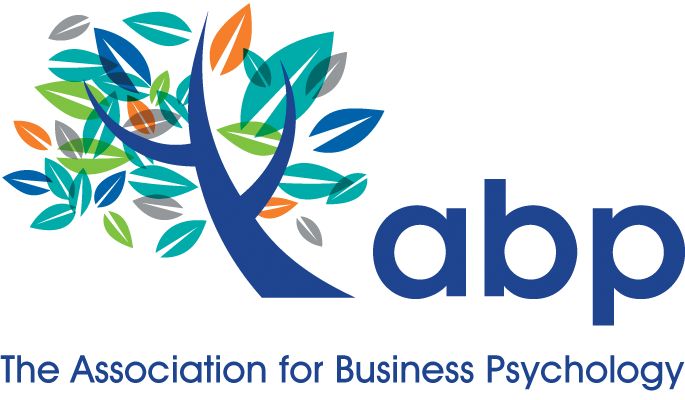Article based on webinar delivered September 2024 Author: Charlotte Housden (Sheridan), Business Psychologist and Chartered Coaching Psychologist As children we spend a lot of time playing, having fun and being curious about the world. Over time, this can fade away until, as adults, we’re persuaded…

What does a great day at work look like for you? Is it flying through your to-do list, to earn a quiet afternoon? Maybe it’s a hectic schedule, jumping from meeting to meeting, feeling productively busy? Or perhaps, it involves reaching a key milestone, feeling the rush of achievement and thrill of ‘getting to the end’ (until it starts all over again!)?
When I reflect on my great days, there are some key ingredients: moments when I’ve felt part of something, included and valued in a team; when we’ve tackled a challenge, and been able to access support and make mistakes and learn along the way; and, critically, working with other people – building connection, sharing thoughts, feelings and laughs. These are the times I recall fondly, and as a leader, they’re the moments I seek to facilitate for others.
The elements I’ve described are common threads in creating feelings of happiness. Research over many years, consistently shows the power of autonomy (feeling a sense of control over our priorities), meaning (both in terms of purpose and meaningful connection with other people) and growth (feeling able to develop and grow).
And yet, despite this evidence, in organisations around the world we are struggling to create cultures where people thrive. The Toxic Workplace report in 2023 revealed that 75% of people report experiencing a toxic culture (with 87% also saying this has impacted their mental health), Gallup shared that globally workforce engagement is dropping (in the Great Gloom), and 84% of CEOs say their company culture is not where it needs to be (Economist, 2024). That’s a whole lot of not great days.
We’re a long way from creating environments where people and business thrive.
Why is it so challenging?
First and foremost, I believe it’s because we are answering the wrong question. Most businesses today are still, fundamentally, focused on this: how can we deliver more, with less? In the industrial era, this was key, however, today, technology, robots and AI will make greater progress on this than we can. Through this lens, people are secondary, attention is on processes, tasks and outputs, and humans merely a lever to be pulled or resource to push harder.
In today’s complex, changing and confusing world, the way in which we make greatest impact is through our ability to pool our collective skills as human beings. Combining our knowledge, ideas, problem solving, creative thoughts, ability to collaborate and bring out the best in teams, requires cultures that elicit feelings of safety, security and trust, so we can share ideas, make mistakes, learn and grow. To succeed in this mission, we need to focus on a new question: how can we create climates for human growth?
However, today, the friction between old and new models is being felt and many organisations are awash with anxiety and tension. Mistrust between employers and employees is growing. We’re pulling in different directions, and amongst it all, executive leaders are choosing to step down (because the workload is not sustainable); managers are spinning so many plates they have one of the highest burnout rates of all; and individuals are struggling to build relationships with colleagues. People are lonely and searching for something with real meaning.
There is another way…
We can cultivate teams and workplaces where people and business thrive if we choose to. Science has helped us identify what makes us happy and has also repeatedly shown us that when people feel fulfilled and engaged, they deliver more. Engaged, productive, inclusive, collaborative, and innovative teams fuel durable, growing businesses.
This is the vision and reality within our grasp I wrote about in my book Make It Human.
I believe we can choose a path to better work experiences, higher performing teams and sustainable organisations if we focus on facilitating the right recipe for human growth.
Behind every thriving and durable business are happy, healthy, human cultures. Let’s purposefully make it human and shape many more great days. The rest will follow.
Find out about Make It Human the book, models and learning resources available to help shape cultures where people & business thrive:
For insights, stories, tools and advice on how we to shape great cultures join the Make It Human Club for free updates and event invites every two-weeks:
https://mailchi.mp/2816e337be3d/make-it-human-club
Bio:
Sarah McLellan is a work psychologist, author, and business leader passionate about turning work cultures into climates for human growth. She leads Make it Human, a company equipping leaders and managers with the knowledge & skill to shape growth cultures in the flow of work. Her book also titled Make it Human captures this vision and includes models and insights to enable practical steps towards making this a reality. Sarah has over 20 years’ experience leading teams and consulting with people and organisations around the world.



